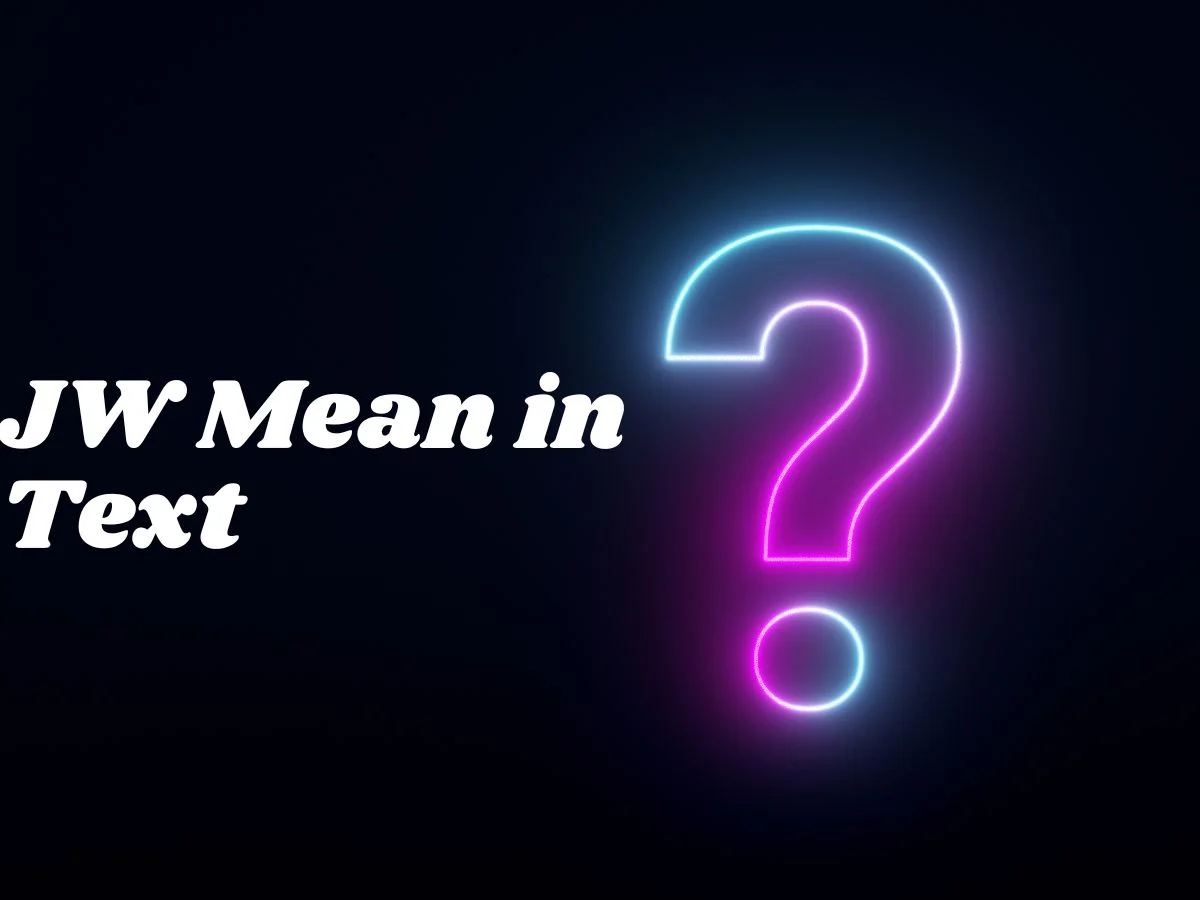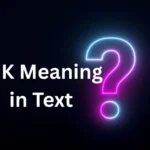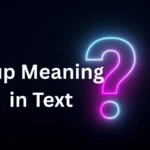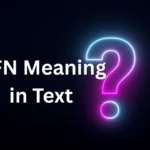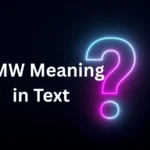In the fast-paced world of digital communication, acronyms and abbreviations are vital shortcuts that help people express ideas quickly and efficiently.
Among these, “jw” is a popular abbreviation frequently used in texting, social media, and online conversations.
Despite its widespread use, many people may be unfamiliar with what “jw” actually stands for, leading to confusion or misinterpretation.
Understanding such abbreviations not only improves online communication but also helps avoid misunderstandings.
This article will delve into the meaning of “jw,” explore its origins, show how it is used across different contexts, clarify common misconceptions, and offer alternatives for those who prefer to avoid shorthand.
Whether you are a casual texter or a professional communicator, knowing what “jw” means can enhance your digital literacy and help you navigate modern conversations with ease.
Definitions & Meaning
The abbreviation “jw” stands for “just wondering.” It is commonly used in casual conversations to indicate curiosity or to politely inquire about something without pressing too hard for an answer.
For example, if someone texts, “Are you coming to the party tomorrow? jw,” they are expressing curiosity without expecting an immediate or forced response.
“Jw” serves as a softener in questions, making the inquiry seem less demanding or intrusive.
It conveys that the question is posed lightly or out of genuine interest rather than urgency. This subtle tone can make interactions feel more relaxed and friendly.
The abbreviation is mostly used in informal digital communication like texts, instant messages, and social media comments.
It is less common in formal writing or professional emails, where full phrases like “I was just wondering” or “may I ask” are preferred.
Origins & History
The exact origin of “jw” as an abbreviation is difficult to pinpoint, but it likely emerged alongside the rise of internet chat rooms, instant messaging, and text messaging in the late 1990s and early 2000s.
Early users of platforms such as AOL Instant Messenger (AIM), MSN Messenger, and SMS texting began shortening common phrases to save time and space.
The practice of abbreviating phrases became widespread as mobile phones initially had character limits on texts, encouraging users to develop compact ways to communicate. “Just wondering” was shortened to “jw” because it captured the essence of the phrase with just two letters.
Over time, “jw” gained traction on social media platforms like Twitter, Instagram, and Facebook, where quick exchanges dominate.
Its use has since persisted as texting and messaging apps have become an integral part of daily communication.
Usage in Different Contexts
Social Media: On platforms like Twitter or Instagram, “jw” is frequently used in comments or direct messages to casually ask questions or show curiosity without sounding too demanding. For example:
“Is the event still on for tonight? jw.”
Here, the user is politely asking if the event is happening.
Text Messaging: Among friends, “jw” helps soften inquiries, making conversations less formal. It’s a way to show polite curiosity without pressure.
“Do you know what time the movie starts? jw.”
Professional Contexts: In professional emails or workplace chats, “jw” is rarely used because it might come across as too informal.
Instead, people use full phrases like “I was just wondering if…” to maintain professionalism.
Pop Culture: In fan communities or gaming chats, “jw” is popular for quick communication when discussing events, updates, or opinions. For example, “Is the new game out yet? jw.”
Common Misunderstandings & Clarifications
Since “jw” is an abbreviation, those unfamiliar with internet slang may misinterpret it.
Some might confuse it with initials, acronyms from other fields, or religious terms like “Jehovah’s Witness.” Context usually clarifies the intended meaning, but it’s important to remember:
- Not a name or title: “jw” in texting stands for “just wondering,” not a person or organization.
- Informal use: It’s primarily used in casual, informal conversations.
- Polite inquiry: It signals a non-demanding question, not urgency or complaint.
When in doubt, asking the sender for clarification can help avoid confusion.
Alternatives & Synonyms
If you want to avoid abbreviations or “jw” feels too informal, here are some polite alternatives you can use in texts or conversations:
- “Just curious”
- “I was wondering”
- “May I ask”
- “I’m interested in knowing”
- “Quick question”
- “Out of curiosity”
Using these alternatives depends on the tone you want to set—more formal or casual. They also work better in professional settings.
Frequently Asked Questions (FAQ)
Q1: Is “jw” appropriate in professional emails?
A1: Generally, no. It’s better to use full phrases like “I was just wondering” in professional communication.
Q2: Can “jw” mean anything else?
A2: In texting, “jw” usually means “just wondering.” However, it can also refer to Jehovah’s Witness in other contexts.
Q3: How do I respond if someone texts me “jw”?
A3: Treat it like any polite question. Answer honestly or let them know if you don’t have the information.
Q4: Is “jw” understood worldwide?
A4: Mostly among English-speaking internet users, but its usage is spreading globally as texting culture grows.
Q5: Can “jw” come across as rude?
A5: Usually no, because it softens the question. But tone depends on context and relationship.
Q6: Are there other common texting abbreviations similar to “jw”?
A6: Yes, examples include “idk” (I don’t know), “brb” (be right back), and “tbh” (to be honest).
Conclusion
The abbreviation “jw,” meaning “just wondering,” is a handy and polite way to ask questions in informal digital conversations.
Its origins in early internet and texting culture reflect the human desire for quick and efficient communication.
While its use is widespread on social media and among friends, it remains less appropriate in formal or professional contexts.
Understanding “jw” and its nuances helps avoid miscommunication and allows for smoother interaction online.
Whether you choose to use “jw” or prefer full phrases, recognizing this abbreviation is an important part of digital literacy in today’s connected world.
Embracing such shortcuts can enhance your communication while maintaining clarity and politeness.
